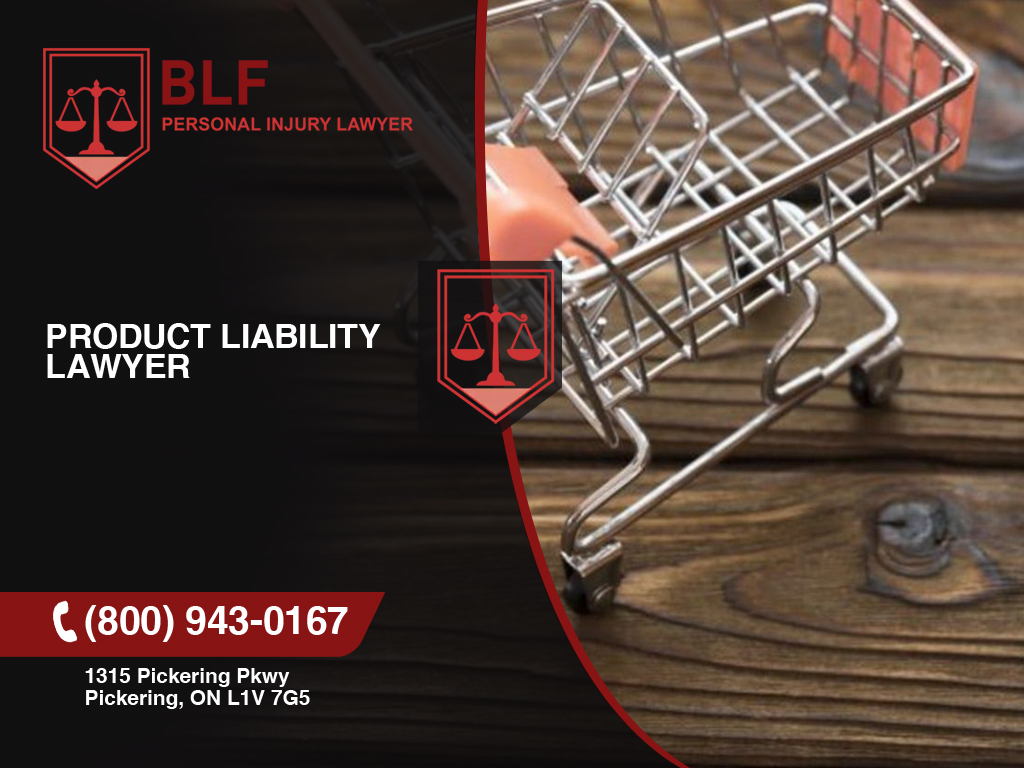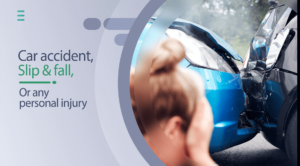In a personal injury case, you are often facing two parties: the defendant and yourself. The defendant is responsible for causing your injuries, but it is your job to prove that they did so. In this post, we’ll discuss how to prove fault in a personal injury case by using negligence as an example:

Who Makes the Liability Determination?
You may have a number of people who can help you determine liability. These include:
The injured person. If you’ve been injured, you should be able to make the determination that someone else’s negligence caused your harm.
The at-fault party (the person who caused your injury). This person could be anyone from an excavator driver who cuts off your car in traffic or even just an employee who was just doing their job when they hit someone on the street!
Your insurance company. Your insurer will have access to information about any accidents that occurred prior to yours noting if anyone was found guilty or not guilty based on evidence presented during trial proceedings; however, it doesn’t necessarily mean they’re going to pay up because there may be other reasons. Why won’t they do so like fraud by employees involved with handling claims processing procedures themselves. Rather than relying solely upon third parties such as independent adjusters hired by insurers’ subsidiaries.
Using Negligence to Prove Fault
Negligence is defined as a failure to exercise reasonable care under the circumstances. It is a legal defense that can be used by defendants in personal injury claims, criminal charges and civil cases. As you may know, negligence isn’t always enough to justify someone’s behavior; it must be proven that the person acted negligently in order for them to win their case.
Duty of Care
Duty of Care is determined by the nature of the relationship between the parties and is not limited to a specific injury or specific act.
Breach of Duty of Care
A breach of contract is the failure to fulfill a promise or obligation. A breach can happen when one party fails to perform duties related to their role within an organization or society; these include breaches of fiduciary duties (such as those owed by trustees) and good faith breaches—which occur when someone acts maliciously against another person’s interests without regard for the law (or any legal obligation).
Causation
In order to prove that the defendant’s actions were the cause of your injury, you must show that the other person’s negligence caused your injuries.
Damages
Damages can take many forms. The most common are:
- Medical expenses, including hospital bills and doctor’s visits.
- Lost employment income.
- Loss of enjoyment of life and other mental anguish caused by the accident. This includes loss of sleep, anxiety over future health issues and PTSD flashbacks.
When calculating damages for pain and suffering, courts will look at your ability to function normally in your daily life before the accident occurred. As well as what types of activities were available to you after being injured compared with before the accident happened. For example: if you had few options for activities before getting hurt. But now have plenty because of your injuries—that would be relevant information when determining. How much money should be awarded toward future medical costs or lost wages due to an inability to work during the recovery time period following an injury sustained during a car crash.
Other Methods of Proving Fault
There are other methods of proving fault that you should be aware of. For example, you can use the facts of your case to prove fault. This means using evidence and testimony from witnesses who have direct knowledge of what happened in your accident.
You may also need professional testimony from experts in their fields if there are questions about how someone would have acted in those circumstances—such as whether they would have been driving too fast or distracted when they crashed into another vehicle—and what impact that had on those involved with your case (including yourself).
Documentary evidence includes photographs or video footage taken at the scene after an accident occurs; medical reports documenting injuries sustained by people involved; police report detailing eyewitness accounts of what happened.
How to Prove Fault
In order to prove that another person is at fault for your injury, you will need to show that the other party had a duty to avoid harm and/or minimize harm. The first thing you’ll want to do is determine whether or not there was a duty of care.
You can do this by looking at the contract between yourself and your insurance company. If there isn’t one, then it’s likely that no one has any obligation toward protecting others from injuries caused by their actions or inaction.
Legal Defenses in Personal Injury Claims
Legal defenses are claims or arguments that a defendant in a lawsuit can raise to defeat a plaintiff’s claim. They are not excuses for committing the tort, nor do they excuse your negligence or blame someone else for causing the accident.
Some examples of legal defenses include:
You didn’t see what happened; therefore, you didn’t have time to avoid it! This argument is usually raised by drivers who say they were going too fast and couldn’t stop in time before hitting a pedestrian or whatever. The problem with this argument is that it assumes that if you had seen something coming up ahead then there would be no way for you not to stop—even though this may not always be true. The reason you get injured is often not clear from the beginning of a personal injury case. You may have to prove fault in order to win your case and receive compensation for your injuries.
It’s important to remember that the reason you get injured does not always fall into one of these categories. In fact, many injuries are caused by something different—like a malfunctioning product or a dangerous work condition. No matter what the cause is, though, it’s still the responsibility of BLF Personal Injury Lawyer to make sure that you’re compensated for your pain and suffering as well as any medical bills. We will negotiate or litigate to ensure that you get the required damages. Call our law offices in Pickering, at (800) 943-0167 to schedule an evaluation and discuss your case.




